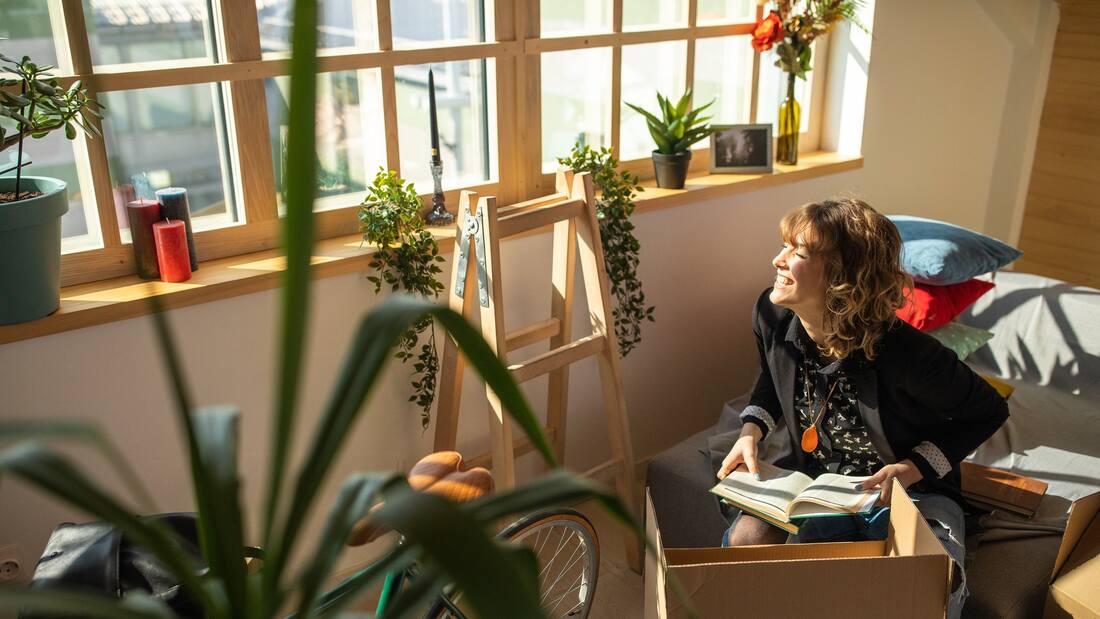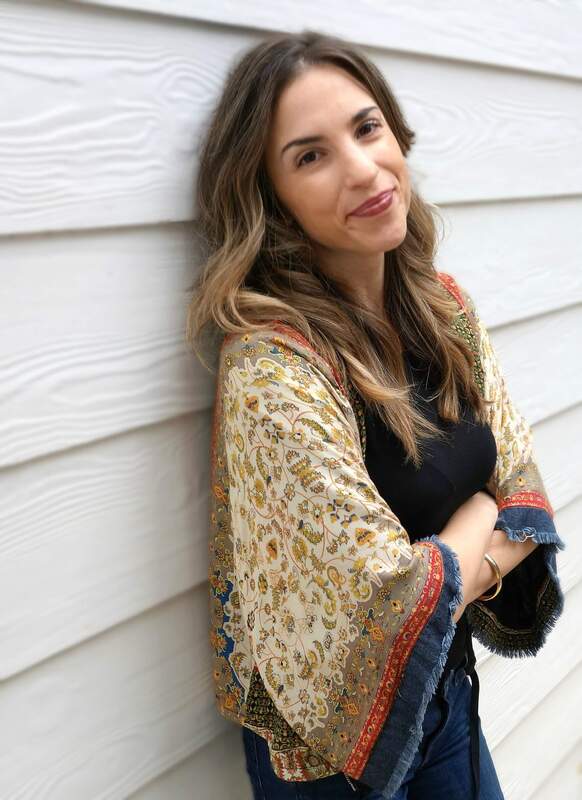"Life is simply easier and less stressful when there's nowhere to go," says Robin, 34, who describes herself, pre-coronavirus, as a workaholic. "I am not looking forward to having to plan everything out again, having to run all over the place and stick to a tight schedule. There's less room to enjoy life that way," she adds.
"I've been seeing contentedness in the faces of some of my therapy clients as they describe the odd sense of relief and stillness they've experienced since life as we know it changed," clinical psychologist Caroline Fleck, Ph.D., tells Bustle. "There is something indisputably restorative about just being — particularly in a society that heavily orients us towards doing," Fleck says. Claire, 32, is struggling with conflicting feelings of grief and joy regarding re-entry. "The thought of the world opening back up again is giving me a lot of relief, but also anxiety — it feels like I'm being forced out of this sacred nest that we’ve created here where there are no social obligations or expectations, just time to be together," she tells Bustle. She adds that post-quarantine, she'll need an adjustment period before she is ready to put anything on her calendar again. Of course, no one wants coronavirus to keep raging across the country, necessitating continued lockdowns. But after two months in quarantine, people are starting to realize that their lifestyle and values are more aligned than ever. Kelsey, 28, is so well adjusted to life at home that she's feeling anxiety and dread about this next phase. She's particularly concerned that her new health standards won't align with what her friends and coworkers are doing to keep coronavirus at bay. It feels like I'm being forced out of this sacred nest that we’ve created here where there are no social obligations or expectations.Louise, 30, is "terrified" to pop the harmonious bubble she's created at home. "To be honest, I've loved being able to spend so much time with my dog, and being able to work on my apartment put all of my energy into my home life, it's made me feel really positive and grateful," she says. She feels "wrong" being so comfortable at home while essential workers and sick patients don't have the same luxury. And for Quinn, 28, the lack of adjustment periods between extremes is disorienting. "I feel like an abrupt transition back will not only be jarring but probably stressful because I’m going to be going back to some bastardized version of normal." Not everyone has found quarantine life to be "enlightening," and it has "exacerbated if not caused mental health symptoms" in many of us, Fleck says. But for those who find themselves anxious about returning to their normal lives, Fleck points to the psychological benefits of focusing on the present and learning to accept your life as it is, without judgement. "Solitude and mindfulness can be antidotes for FOMO and dis-ease," she says. These practices, Fleck adds, can temper our innate drive to keep up with what we see on Instagram. Although forced isolation might make it easy to slow down, it's not the only way to practice mindfulness. You don't need to be in the middle of a pandemic in order to carve out time to connect with loved ones, or to relax at home. "For those who find themselves reluctant to return to the unrealistic demands and sensory overload that seem to define normal life at times, my advice is simple: don't." Instead, Fleck suggests approaching post-lockdown life with intention. Pledge to turn down work week plans or to spend weekends alone. Keep cooking or going on long walks, or whatever is giving you peace right now. And as we slowly move back towards our old lives, it's important to remember that nothing will be the same. "Allow yourself to be changed by the changes you've endured," Fleck adds, "Post-quarantine, I will definitely be more cautious with my personal and family time," Kelsey tells Bustle. "I will not let my social calendar get overwhelming ever again, and I will try to carve out at least one day a week with just my family, quarantine-style." Expert: Dr. Caroline Fleck, Ph.D., founder and clinical director of Luma, and an adjunct clinical instructor at Stanford University
0 Comments
Your comment will be posted after it is approved.
Leave a Reply. |
This blog includes both new and previously published articles by Dr. Fleck. Archives
May 2021
Categories |
Dr. Caroline Fleck650-429-8828
1350 Dell Avenue
Suite 206 Campbell, CA 95008
|
Policies |
Dr. Fleck 's office is located on the boarder of Campbell and Los Gatos. She provides therapy and consulting to clients in the Bay Area and Silicon Valley including Campbell, Los Gatos, Mountain View, Palo Alto, Menlo Park, Los Altos, Cupertino, Saratoga, Sunnyvale, San Jose, Gilroy, Redwood City, Belmont, Foster City, San Mateo, San Francisco, and the East Bay. Video conferencing therapy is also available for select clients in California and Washington state.



 RSS Feed
RSS Feed